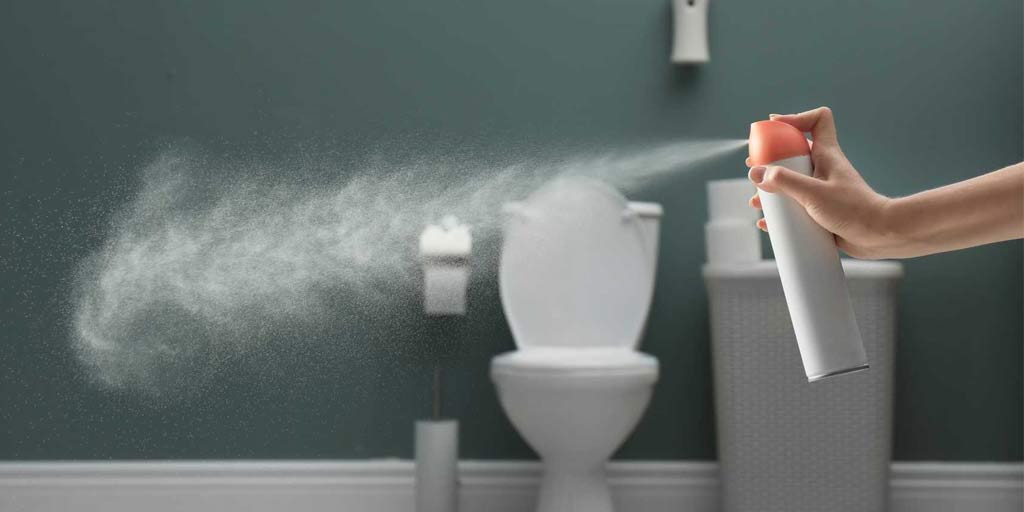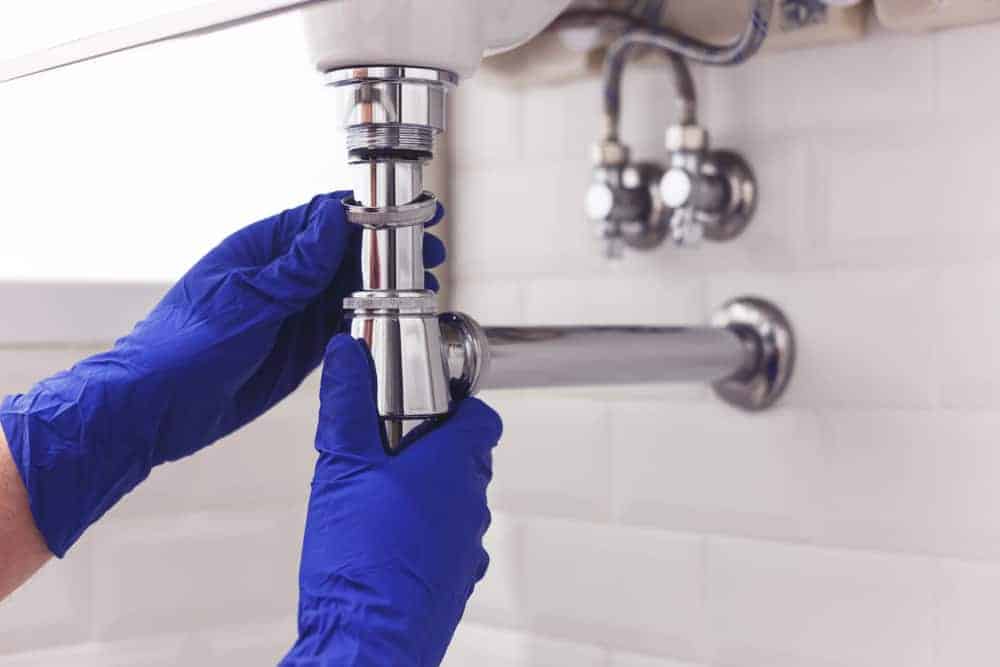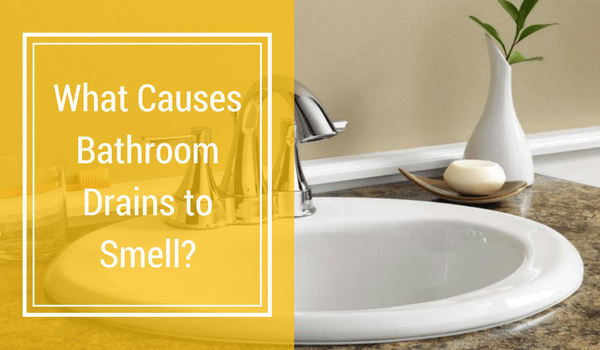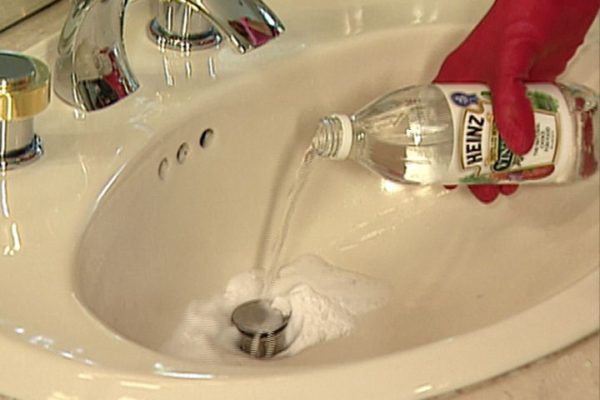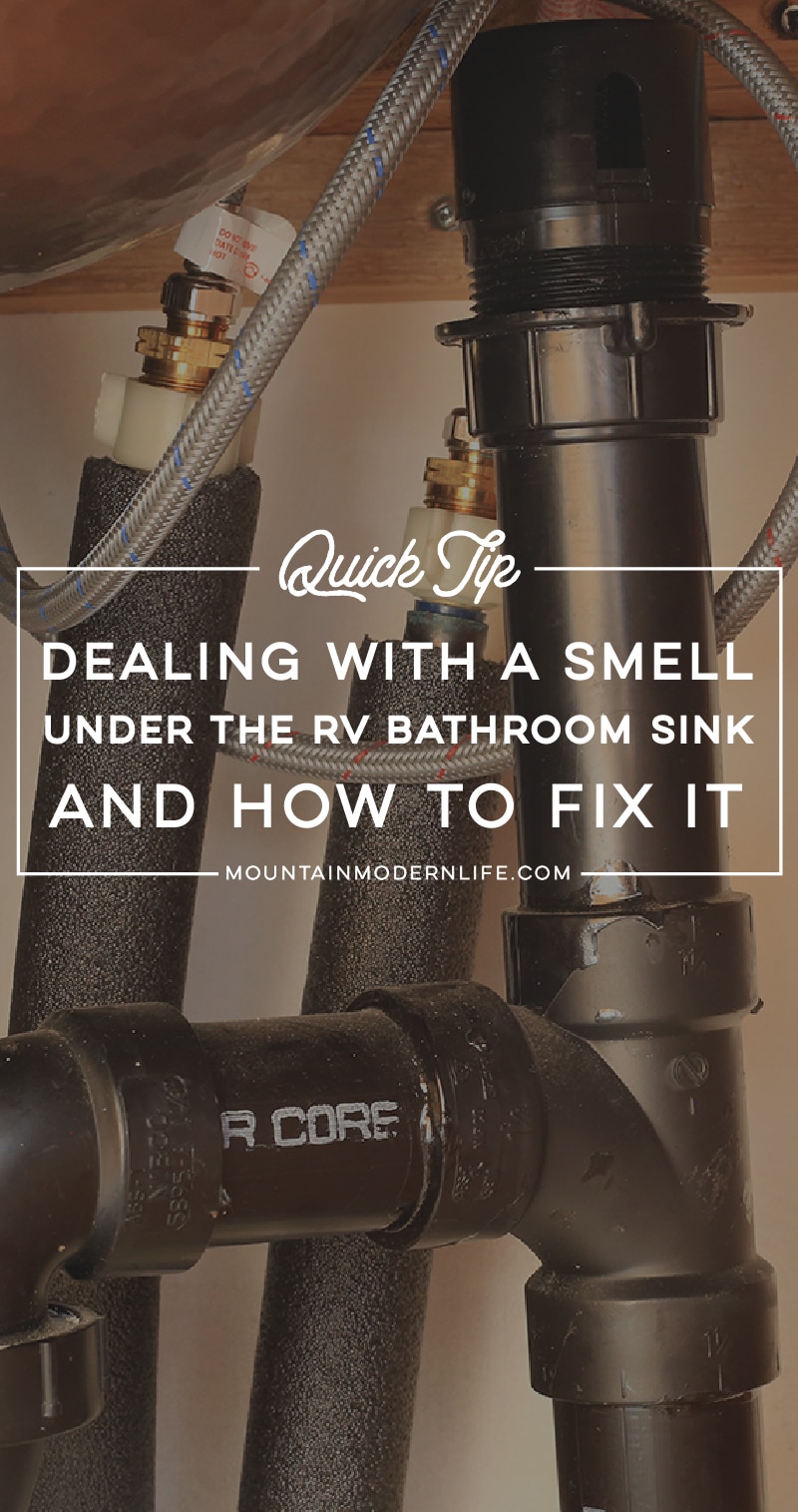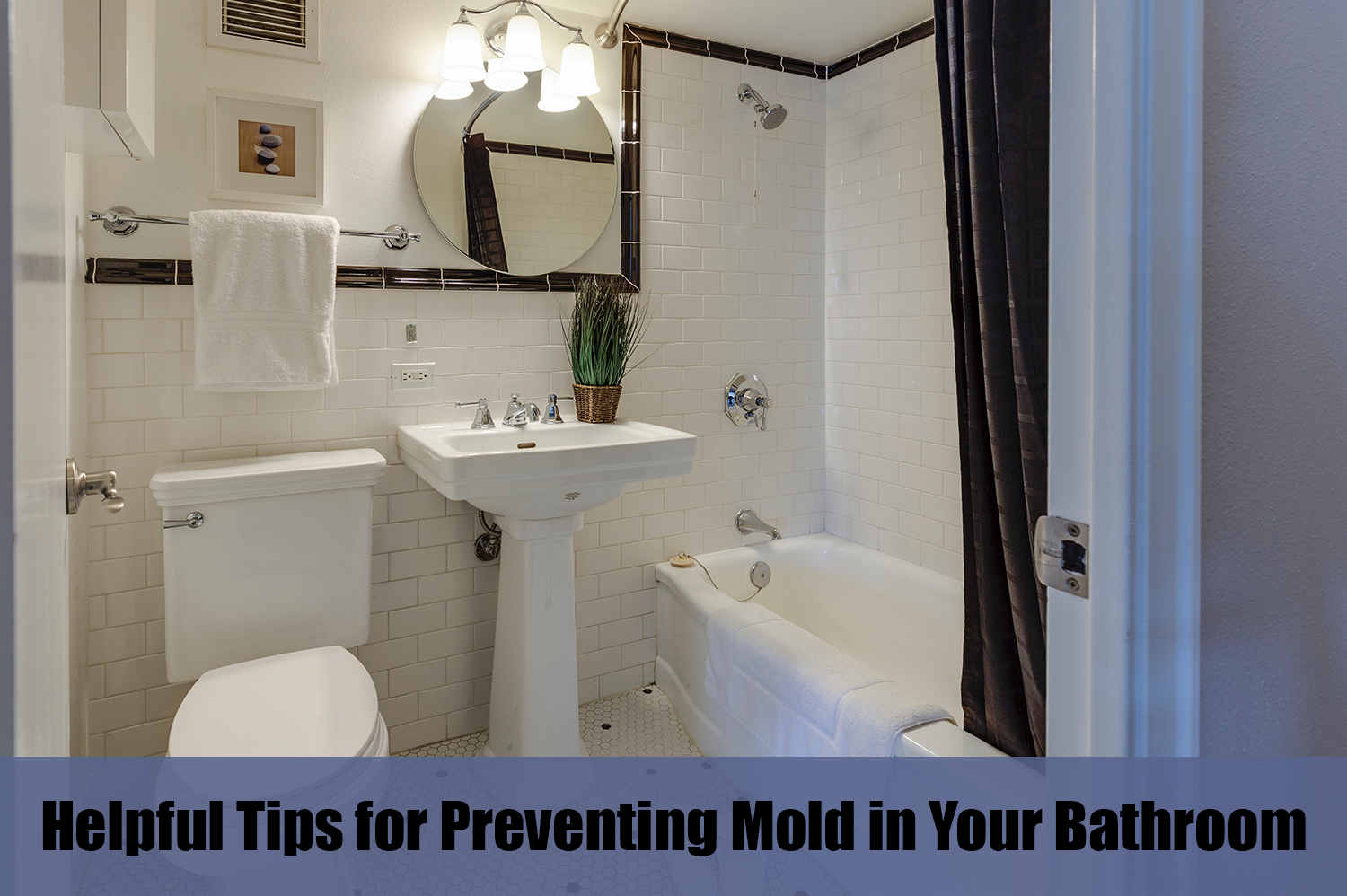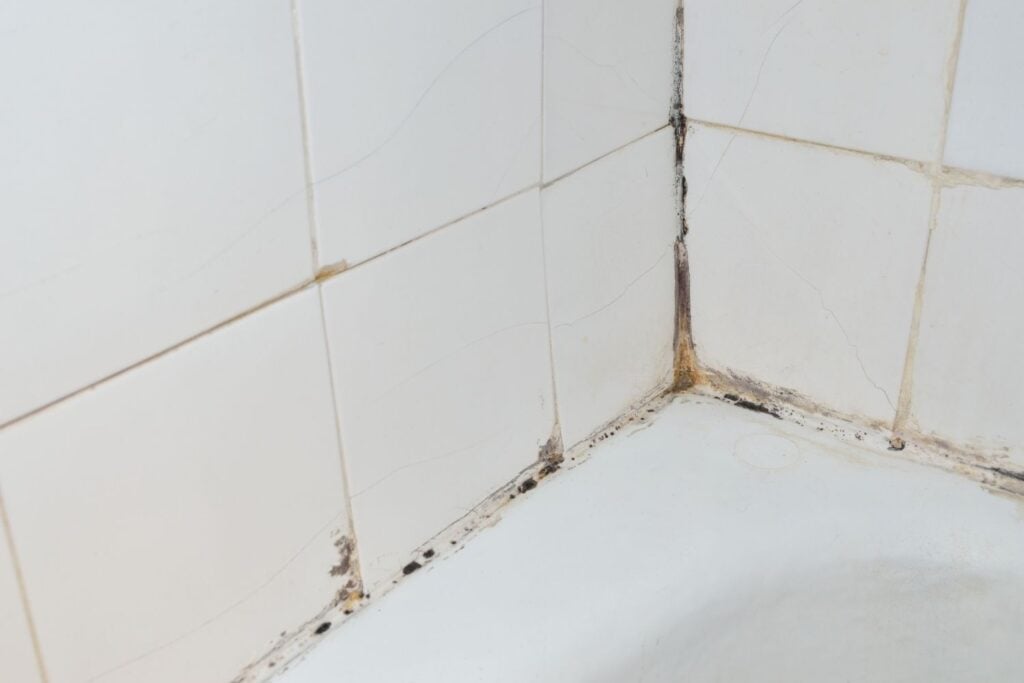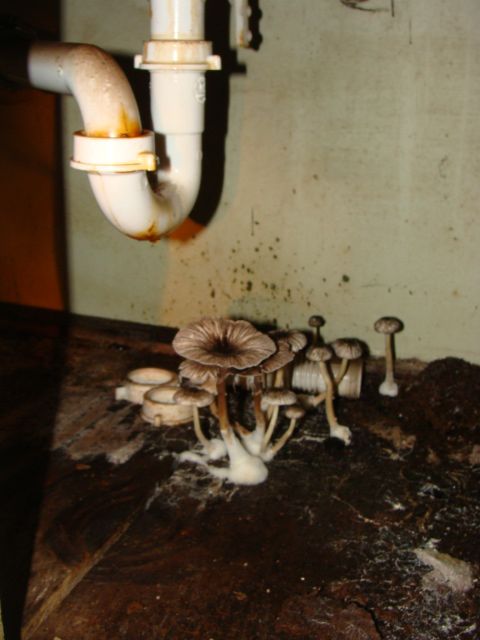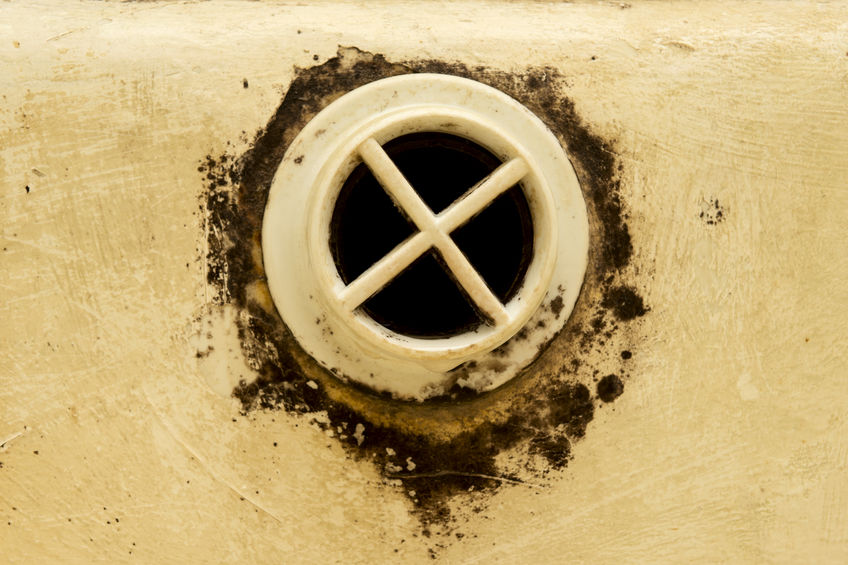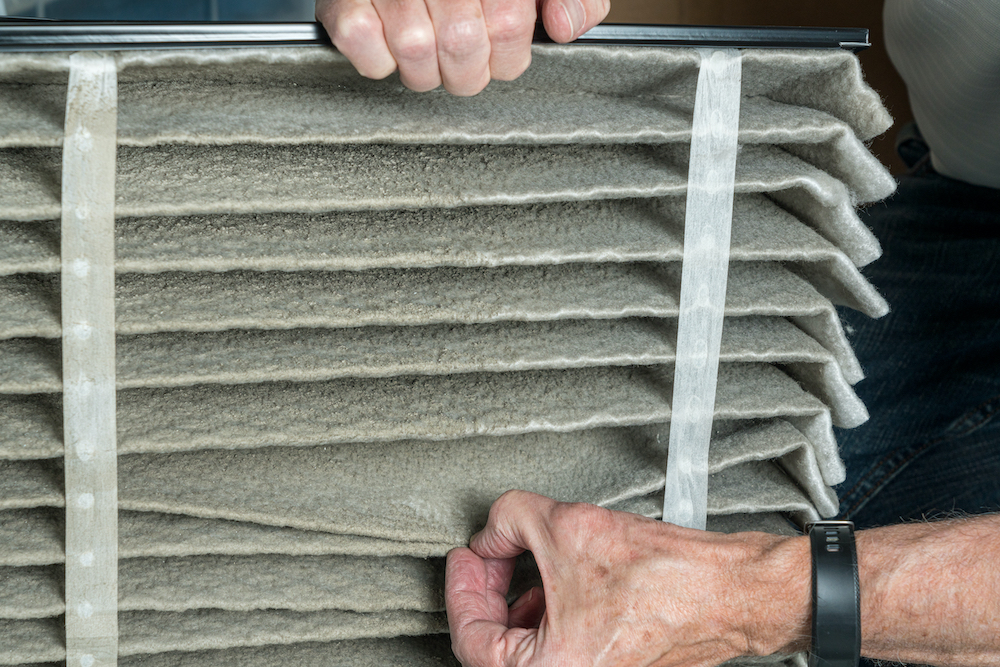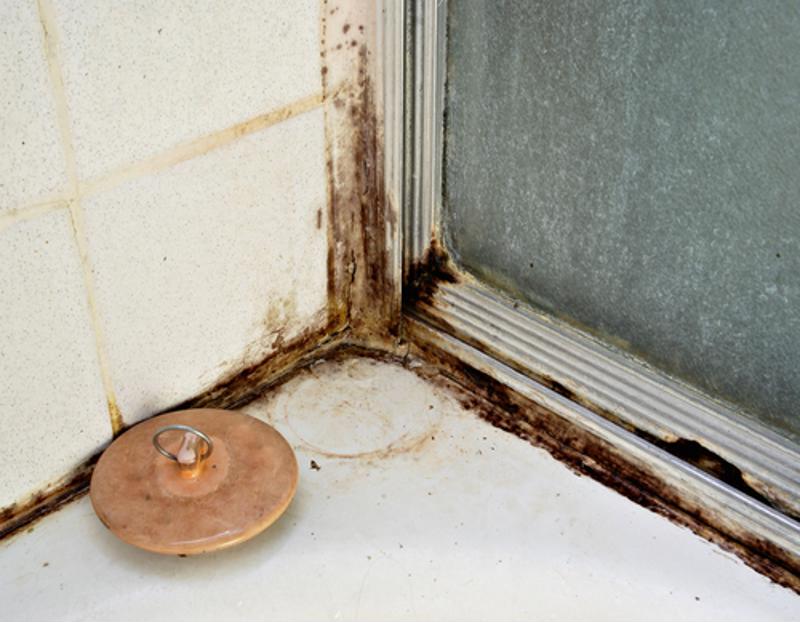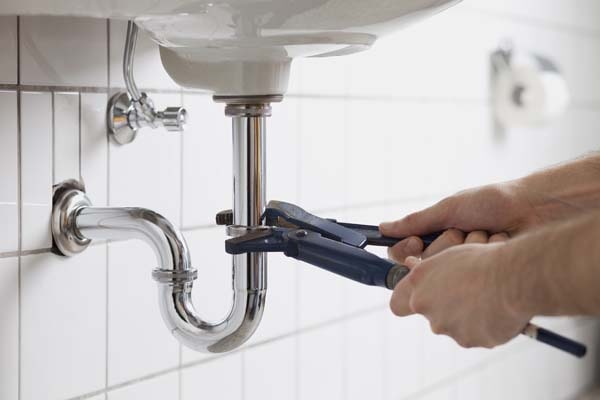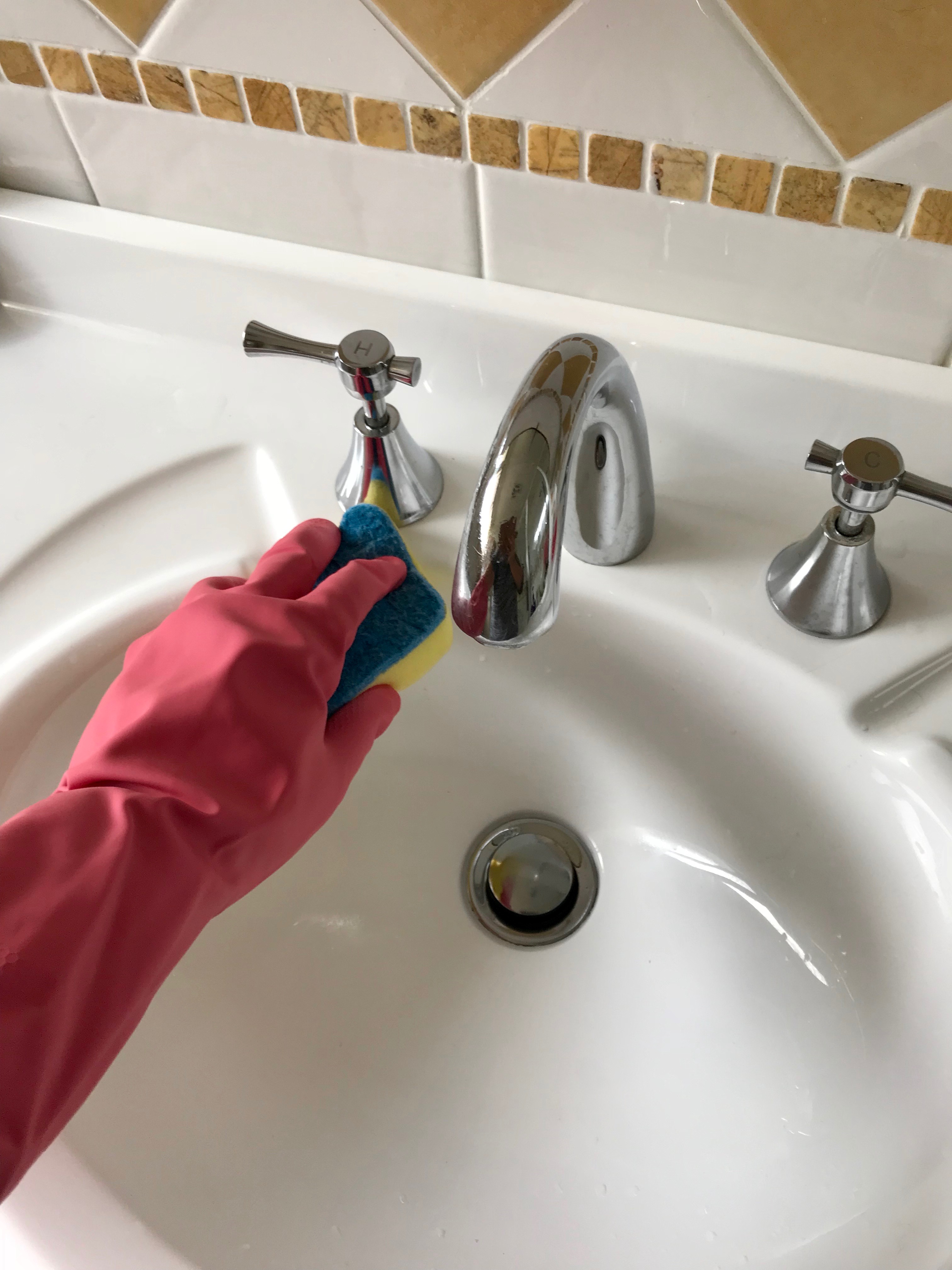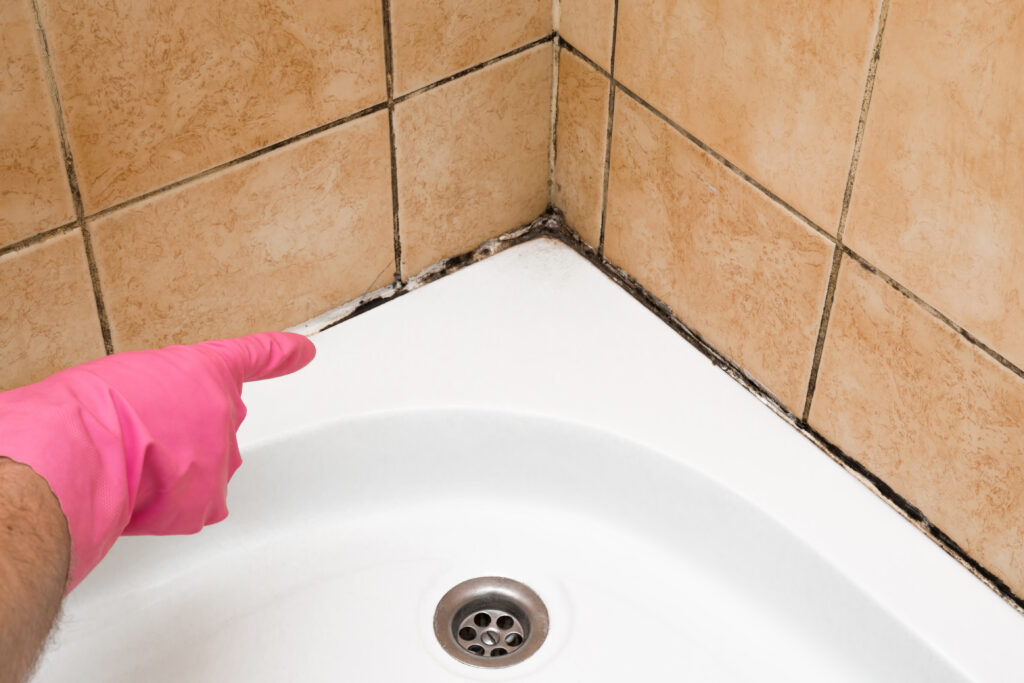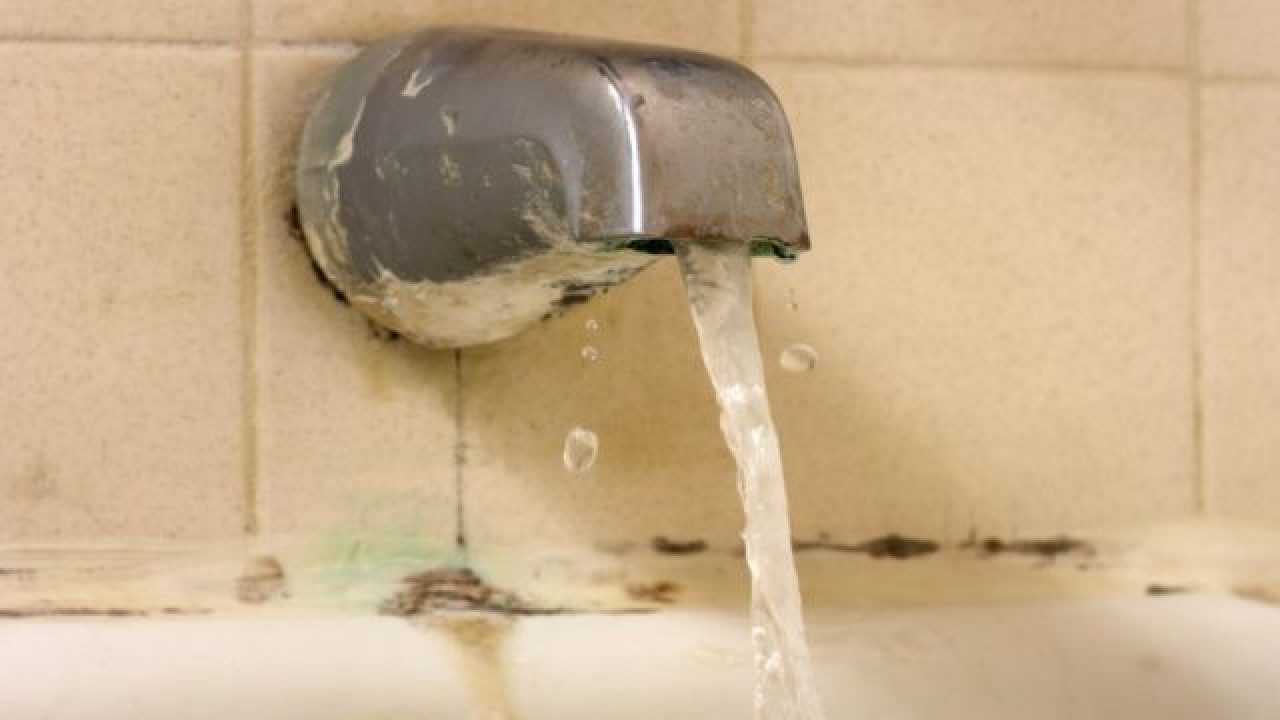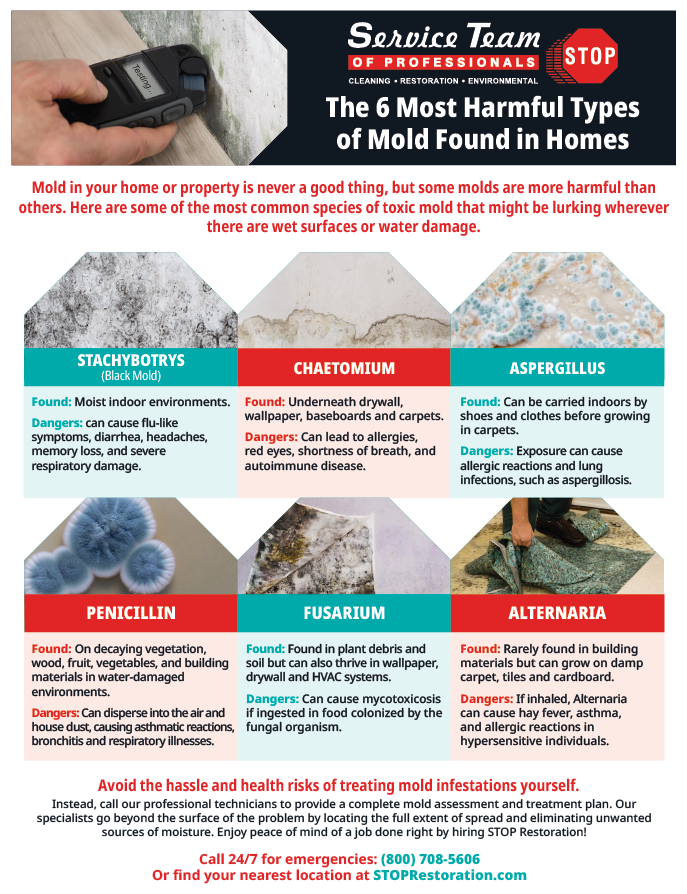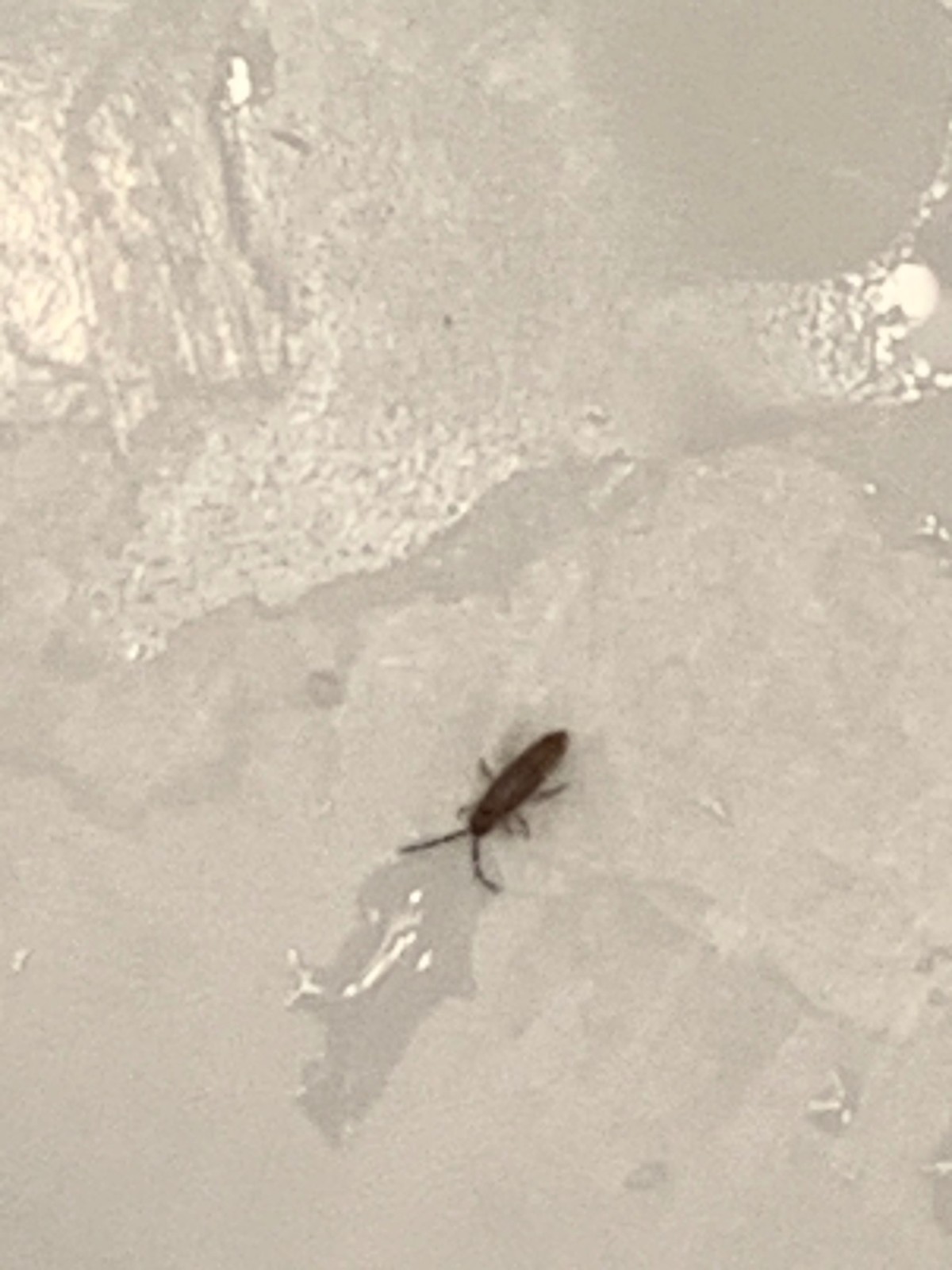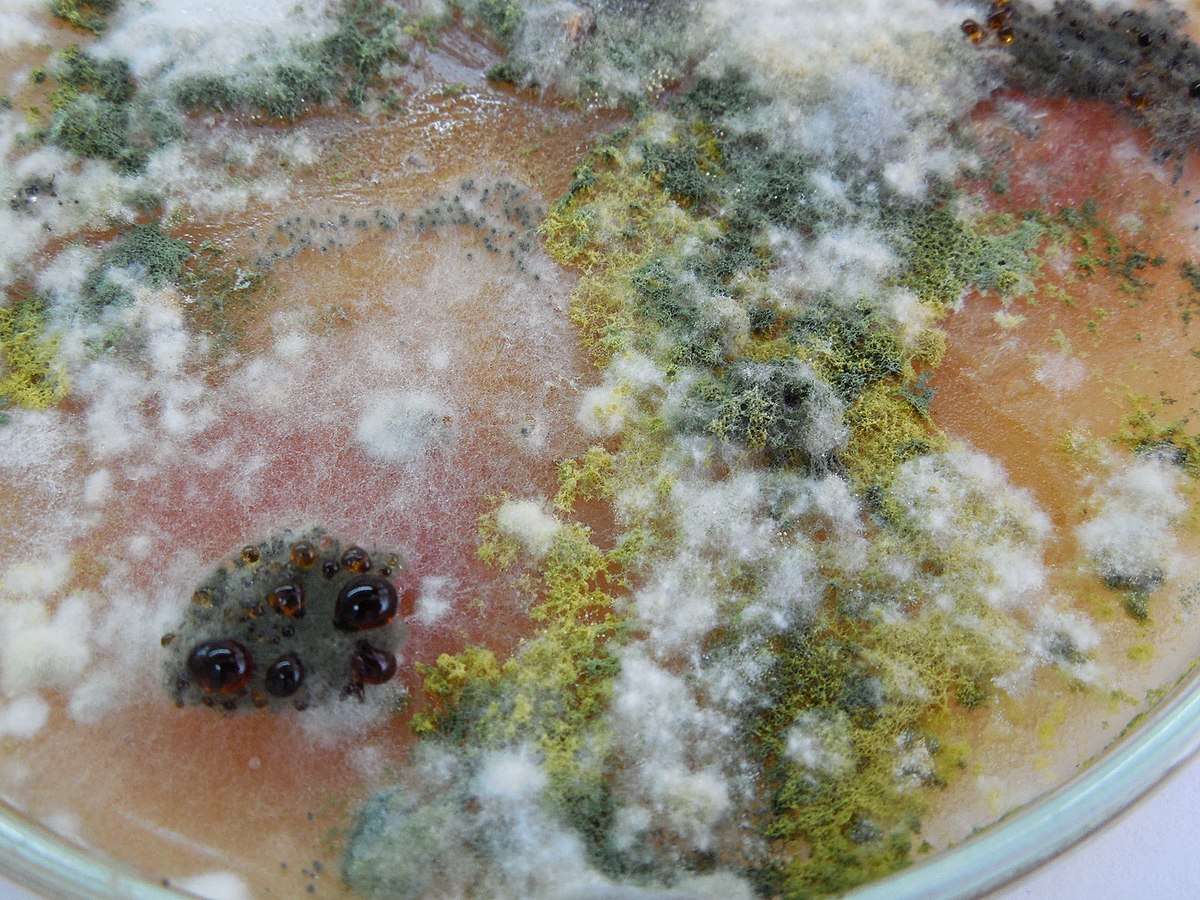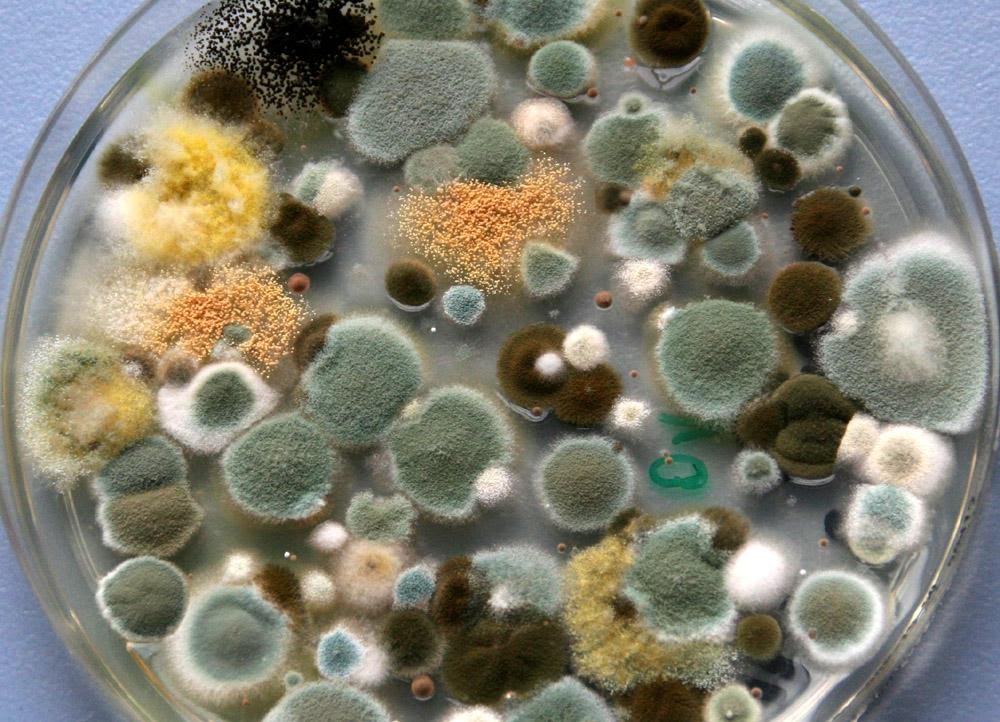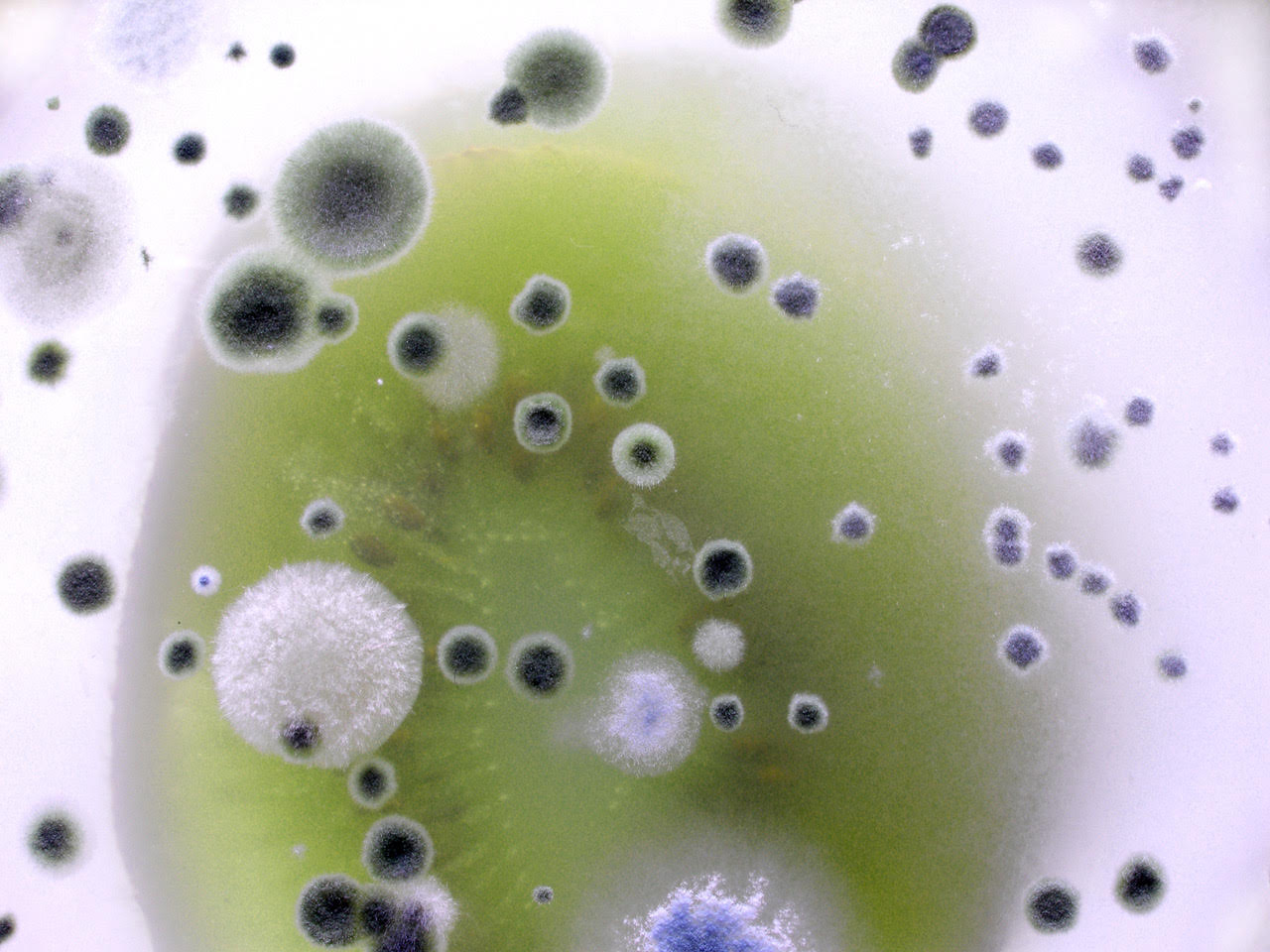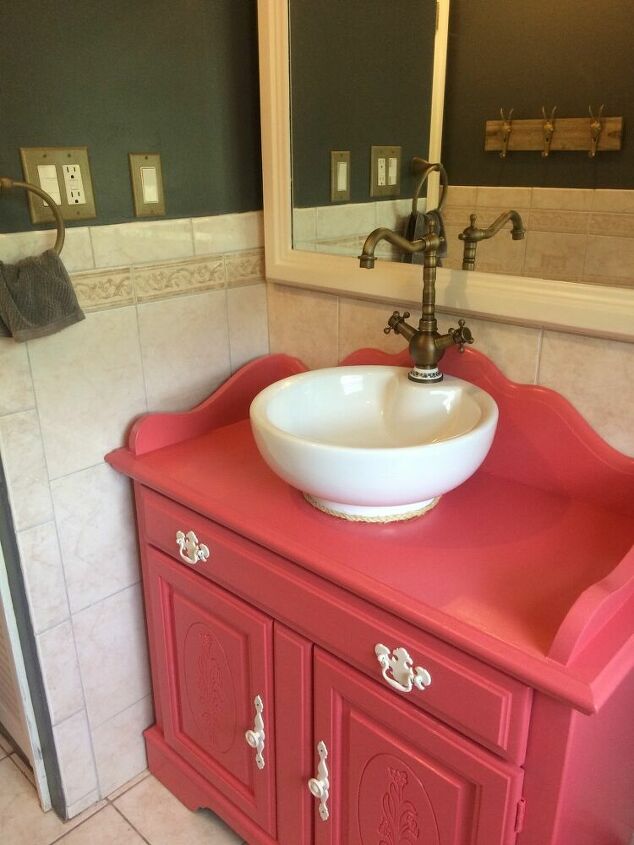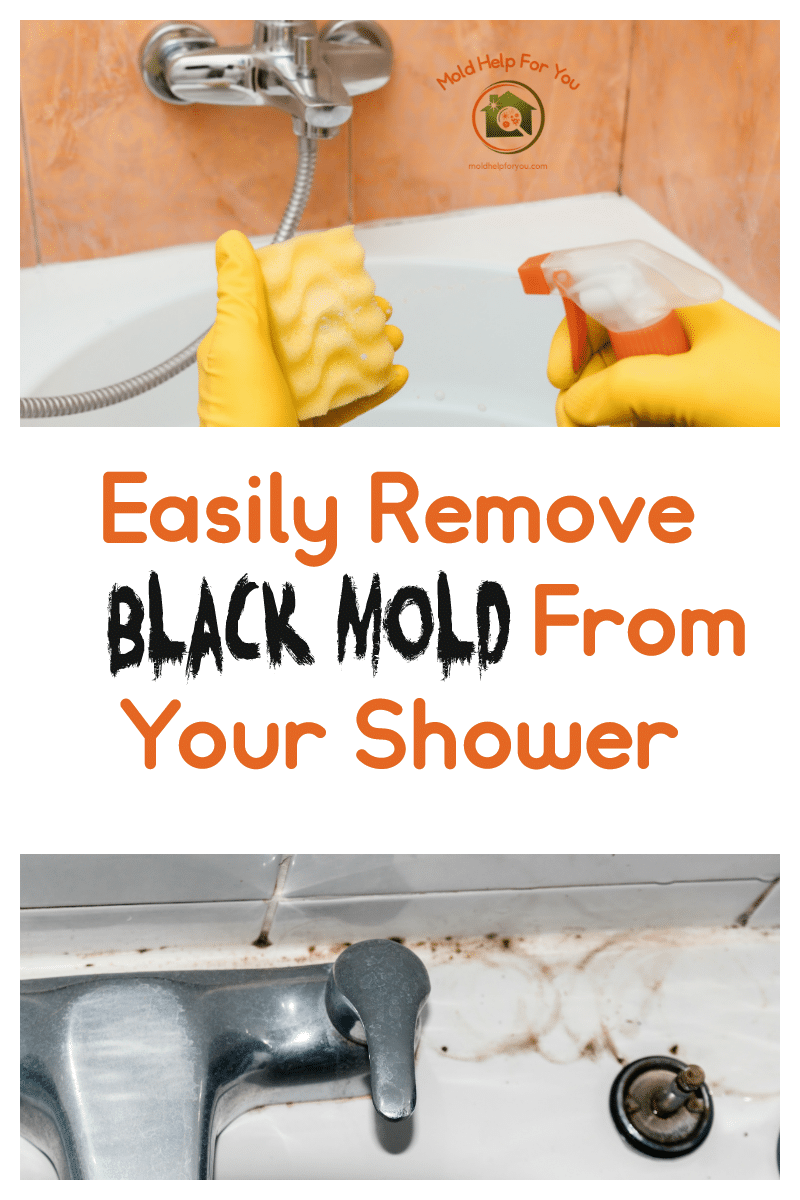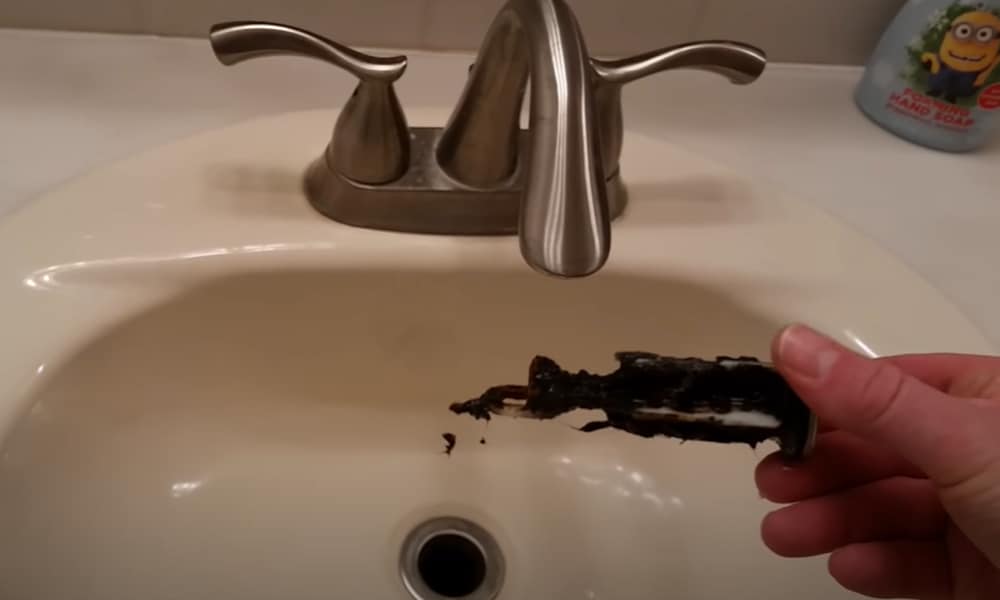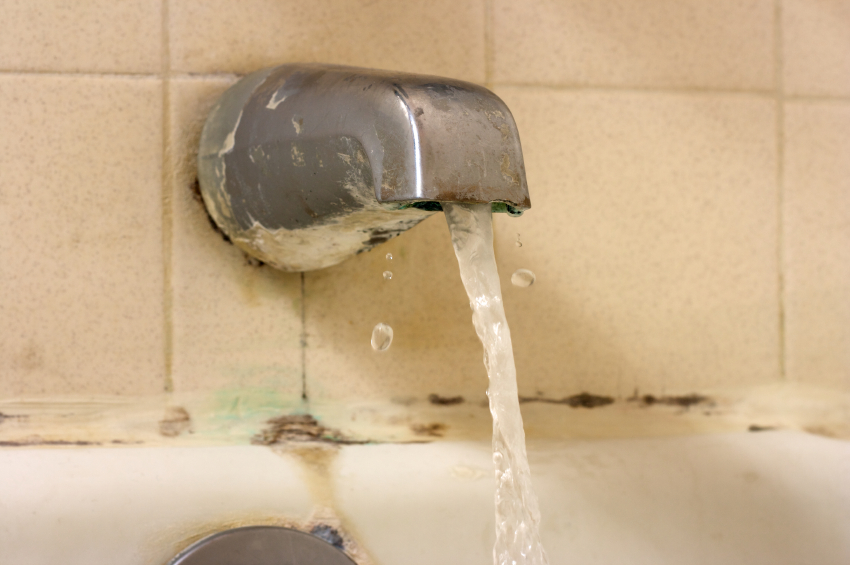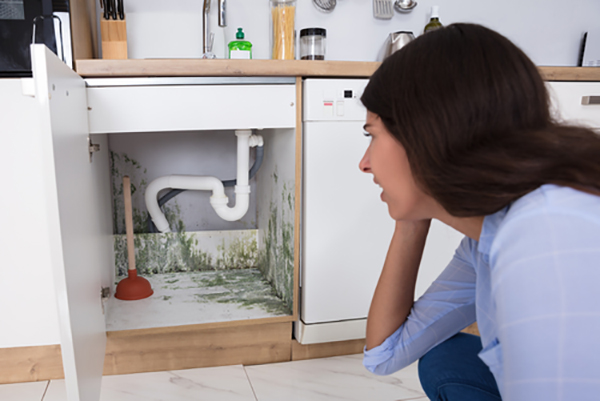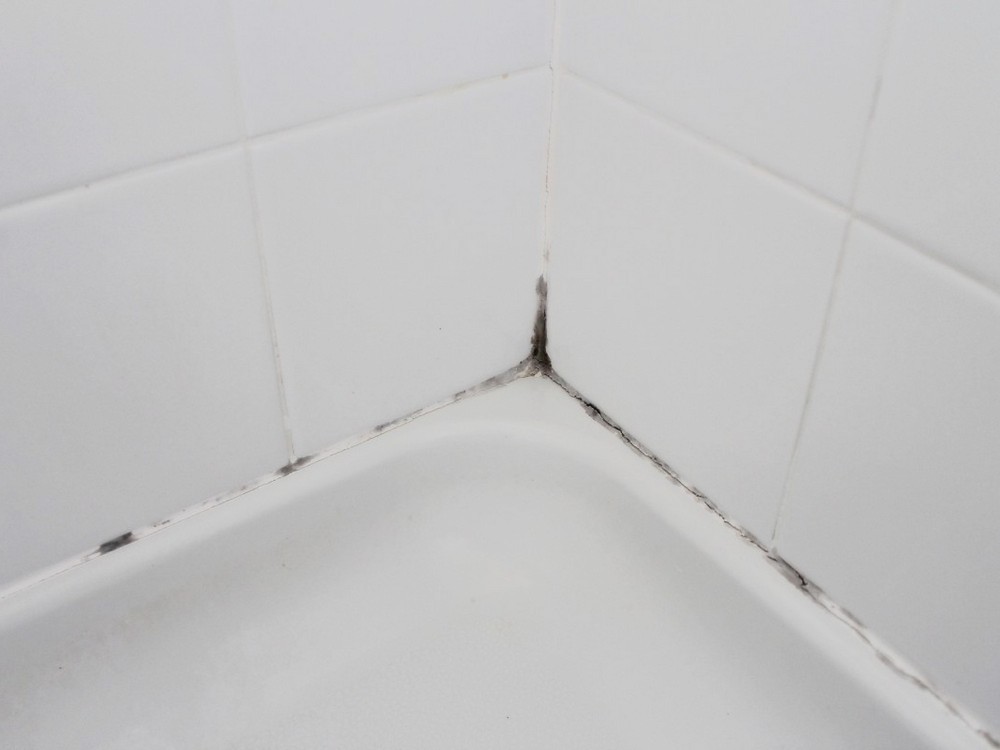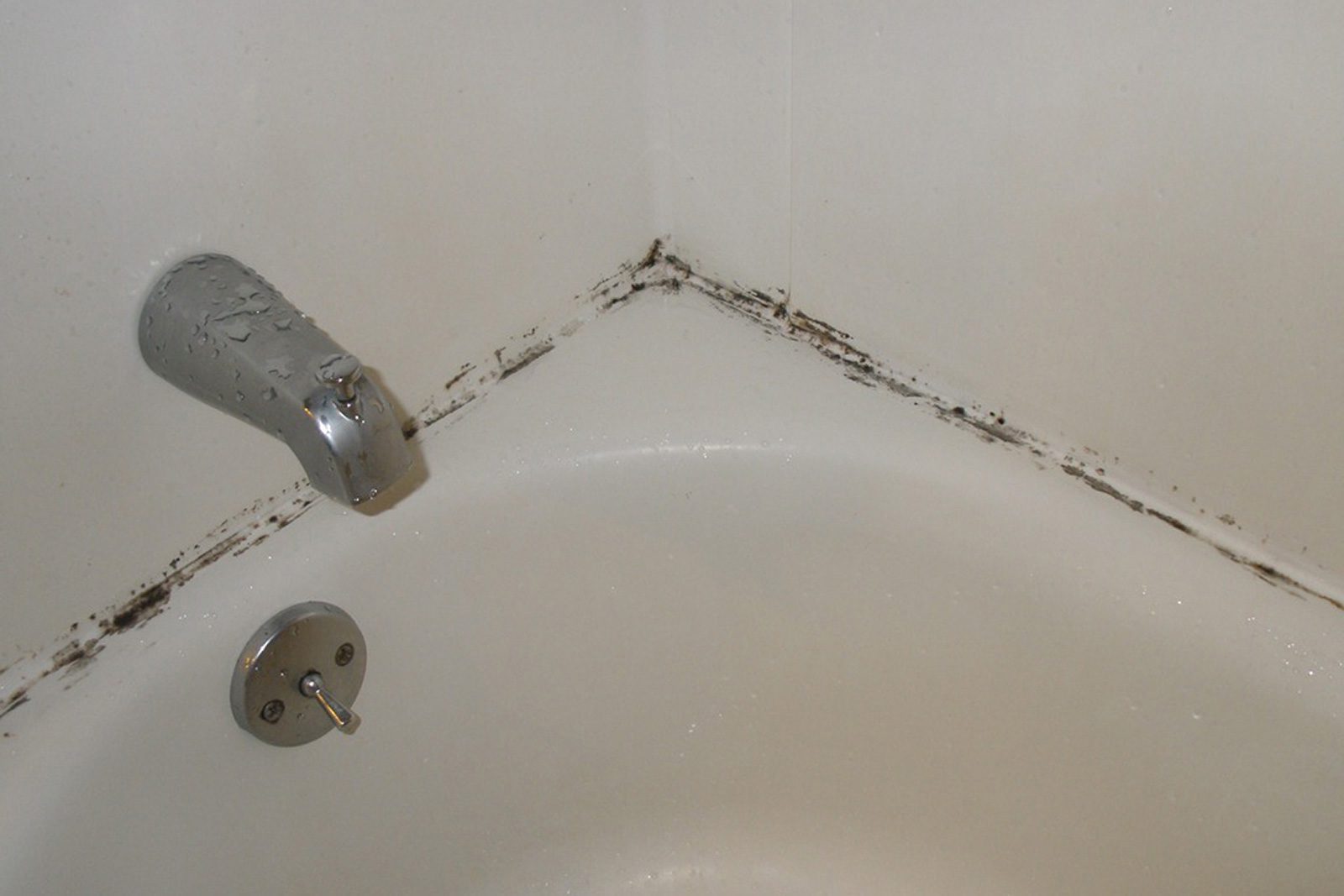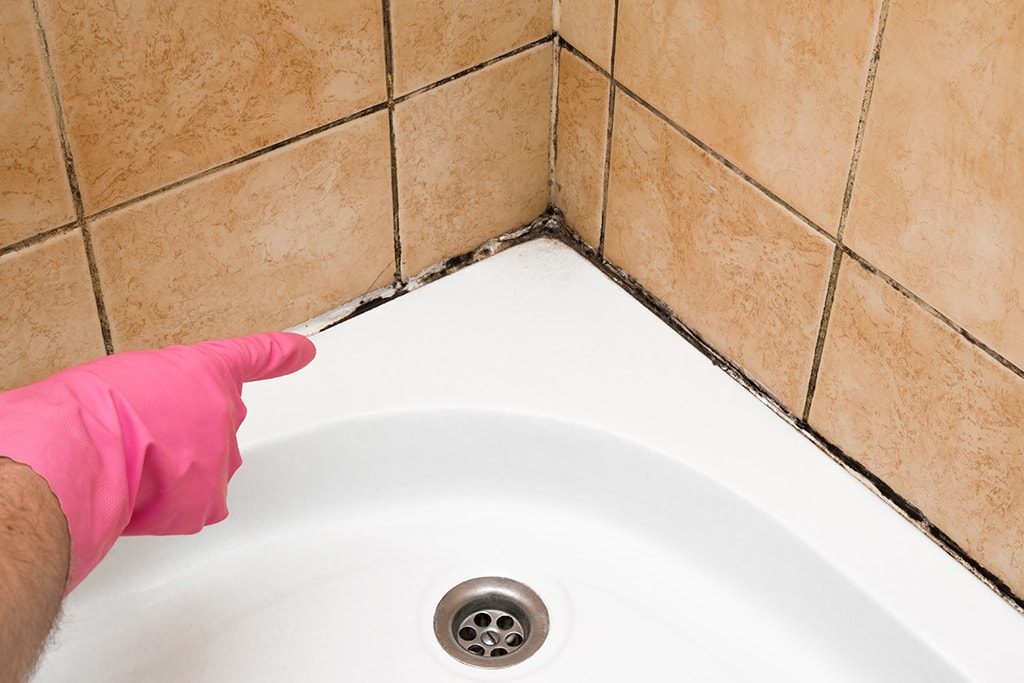Mold can be a pesky and persistent problem, especially when it comes to the bathroom sink. The damp and dark environment of the sink provides the perfect breeding ground for mold and its unpleasant odor. But don't worry, there are several ways to get rid of mold smell in your bathroom sink and prevent it from coming back. Let's find out how.How to Get Rid of Mold Smell in Bathroom Sink
The main cause of mold smell in bathroom sink is the presence of moisture and organic matter. This can be from water splashes, toothpaste residue, or even hair and skin cells that accumulate in the sink. When left untreated, these moist and dirty surfaces become a breeding ground for mold growth, which leads to the unpleasant smell.Causes of Mold Smell in Bathroom Sink
If you're dealing with a mild case of mold smell in your bathroom sink, you can try some DIY solutions to get rid of it. One effective method is to mix equal parts of white vinegar and water and spray it onto the affected area. Let it sit for a few minutes before scrubbing it off with a brush. The acidity of the vinegar helps to kill the mold and eliminate the smell. You can also create a paste using baking soda and water and apply it to the moldy areas. Let it sit for about an hour before scrubbing it off. Baking soda is a natural deodorizer and can help to absorb the musty smell.DIY Solutions for Mold Smell in Bathroom Sink
If the mold smell persists or if you're dealing with a severe case of mold growth in your bathroom sink, it's best to seek professional help. A mold remediation specialist can properly assess the situation and use specialized equipment and techniques to remove the mold and its odor. They can also identify the root cause of the mold growth and provide recommendations to prevent it from happening again.Professional Remedies for Mold Smell in Bathroom Sink
Prevention is always better than cure, and this holds true for mold smell in your bathroom sink. Regular cleaning and maintenance can go a long way in preventing the growth of mold and its odor. Ensure that the sink is dried after each use and clean it with a disinfectant regularly. You can also use a mold-inhibiting product or add a few drops of tea tree oil to your cleaning solution to prevent mold growth.Preventing Mold Smell in Bathroom Sink
Aside from the musty smell, there are other signs that indicate the presence of mold in your bathroom sink. These include dark spots or patches on the sink, a fuzzy or slimy texture, and a discoloration of the sink's surface. If you notice any of these signs, it's crucial to take action immediately to prevent the mold from spreading.Signs of Mold Growth in Bathroom Sink
Mold is not just an eyesore and a source of unpleasant smell, but it can also pose health risks. Breathing in mold spores can trigger allergies and respiratory problems, especially for those with asthma or weakened immune systems. It's essential to address mold growth in your bathroom sink to protect your health and well-being.Health Risks of Mold in Bathroom Sink
There are several types of mold that can grow in your bathroom sink, and they all have their distinct characteristics and health risks. The most common types include Cladosporium, Aspergillus, and Stachybotrys chartarum (black mold). These molds thrive in damp and dark environments, making your bathroom sink the perfect breeding ground.Common Types of Mold Found in Bathroom Sink
Cleaning mold in your bathroom sink should be done with caution to avoid inhaling the spores. It's best to wear protective gear, such as a mask and gloves, when handling mold. As mentioned earlier, a mixture of vinegar and water or baking soda can effectively clean mold. If the mold growth is extensive, it's best to consult a professional to handle the cleaning process.How to Clean Mold in Bathroom Sink
If you prefer to use commercial products to get rid of mold smell in your bathroom sink, make sure to choose ones that are specifically designed for mold removal. Look for products that contain ingredients like hydrogen peroxide or chlorine dioxide, which are effective in killing mold and its odor. Read the instructions carefully and use the product as directed for best results. Don't let mold smell in your bathroom sink ruin your daily routine. With these tips and remedies, you can eliminate the musty odor and prevent mold from taking over your sink. Remember, regular cleaning and maintenance are key to keeping mold at bay. Stay vigilant and address any signs of mold growth promptly to maintain a fresh and clean bathroom sink. Best Products for Removing Mold Smell in Bathroom Sink
The Dangers of Mold Smell in Bathroom Sinks and How to Get Rid of It
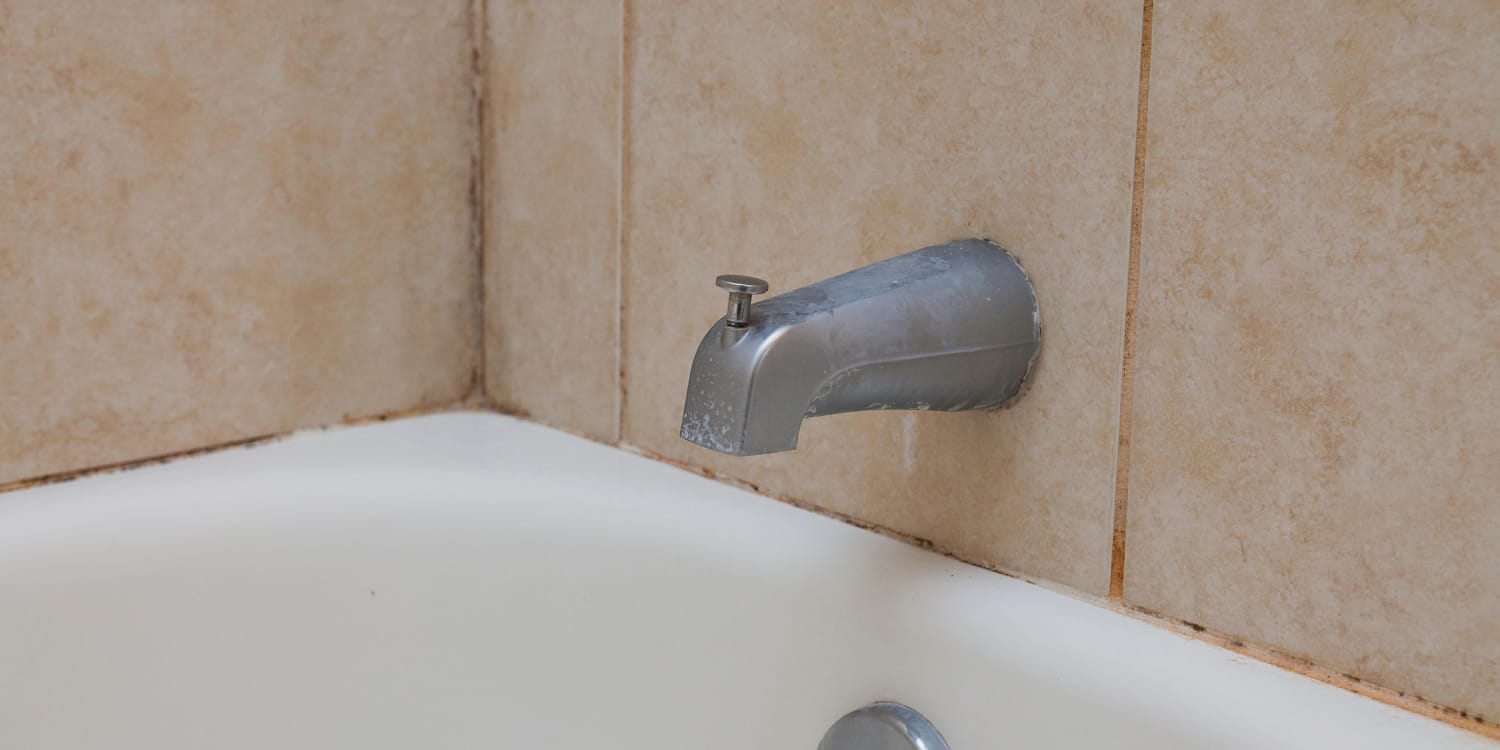
The Problem with Mold
 Mold is a common problem in many homes, and it can often be found in the bathroom sink. Mold is a type of fungus that thrives in damp and dark environments, making the bathroom sink the perfect breeding ground. Not only is mold unsightly, but it can also pose health hazards. Exposure to mold can cause respiratory problems, allergies, and even infections. It is important to address any mold issues in your bathroom sink as soon as possible to prevent it from spreading and causing further damage.
Mold is a common problem in many homes, and it can often be found in the bathroom sink. Mold is a type of fungus that thrives in damp and dark environments, making the bathroom sink the perfect breeding ground. Not only is mold unsightly, but it can also pose health hazards. Exposure to mold can cause respiratory problems, allergies, and even infections. It is important to address any mold issues in your bathroom sink as soon as possible to prevent it from spreading and causing further damage.
The Causes of Mold in Bathroom Sinks
 There are several factors that can contribute to the growth of mold in your bathroom sink. One of the main causes is moisture. When water is left to sit in the sink or around the faucet, it creates the perfect environment for mold to grow. Another cause is poor ventilation. If your bathroom doesn't have proper ventilation, the humidity levels can increase, creating a damp environment for mold to thrive. Lastly, if your sink has any cracks or leaks, it can create a perfect breeding ground for mold.
There are several factors that can contribute to the growth of mold in your bathroom sink. One of the main causes is moisture. When water is left to sit in the sink or around the faucet, it creates the perfect environment for mold to grow. Another cause is poor ventilation. If your bathroom doesn't have proper ventilation, the humidity levels can increase, creating a damp environment for mold to thrive. Lastly, if your sink has any cracks or leaks, it can create a perfect breeding ground for mold.
How to Get Rid of Mold Smell in Bathroom Sinks
 The first step in getting rid of mold smell in your bathroom sink is to identify and address the root cause. Fix any leaks or cracks in your sink and make sure to keep the area dry. You can also use a mold-killing cleaner to remove any existing mold. Make sure to wear protective gear when cleaning and properly ventilate the area. If the mold smell persists, it may be necessary to call a professional for mold remediation.
The first step in getting rid of mold smell in your bathroom sink is to identify and address the root cause. Fix any leaks or cracks in your sink and make sure to keep the area dry. You can also use a mold-killing cleaner to remove any existing mold. Make sure to wear protective gear when cleaning and properly ventilate the area. If the mold smell persists, it may be necessary to call a professional for mold remediation.
Preventing Mold Growth in Bathroom Sinks
 Prevention is key when it comes to mold in bathroom sinks. Some simple steps you can take to prevent mold growth include regularly cleaning your sink and keeping it dry, ensuring proper ventilation in your bathroom, and fixing any leaks or cracks in the sink. You can also use a dehumidifier to reduce the humidity levels in your bathroom. Additionally, using a mold-resistant caulk around your sink can help prevent mold growth.
Prevention is key when it comes to mold in bathroom sinks. Some simple steps you can take to prevent mold growth include regularly cleaning your sink and keeping it dry, ensuring proper ventilation in your bathroom, and fixing any leaks or cracks in the sink. You can also use a dehumidifier to reduce the humidity levels in your bathroom. Additionally, using a mold-resistant caulk around your sink can help prevent mold growth.
Final Thoughts
 Mold smell in bathroom sinks is not only unpleasant but also poses potential health risks. By understanding the causes and taking preventative measures, you can keep your bathroom sink mold-free. If you notice any mold growth or persistent mold smell, don't hesitate to address the issue promptly. With proper maintenance and care, you can keep your bathroom sink clean and mold-free for years to come.
Mold smell in bathroom sinks is not only unpleasant but also poses potential health risks. By understanding the causes and taking preventative measures, you can keep your bathroom sink mold-free. If you notice any mold growth or persistent mold smell, don't hesitate to address the issue promptly. With proper maintenance and care, you can keep your bathroom sink clean and mold-free for years to come.





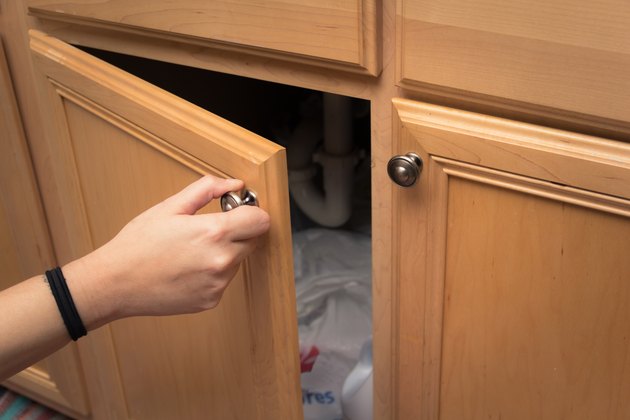






:max_bytes(150000):strip_icc()/identifying-mold-vs-mildew-4799138-final-4266e4b3d84c4401a7c1d8b6835dcc97.png)
